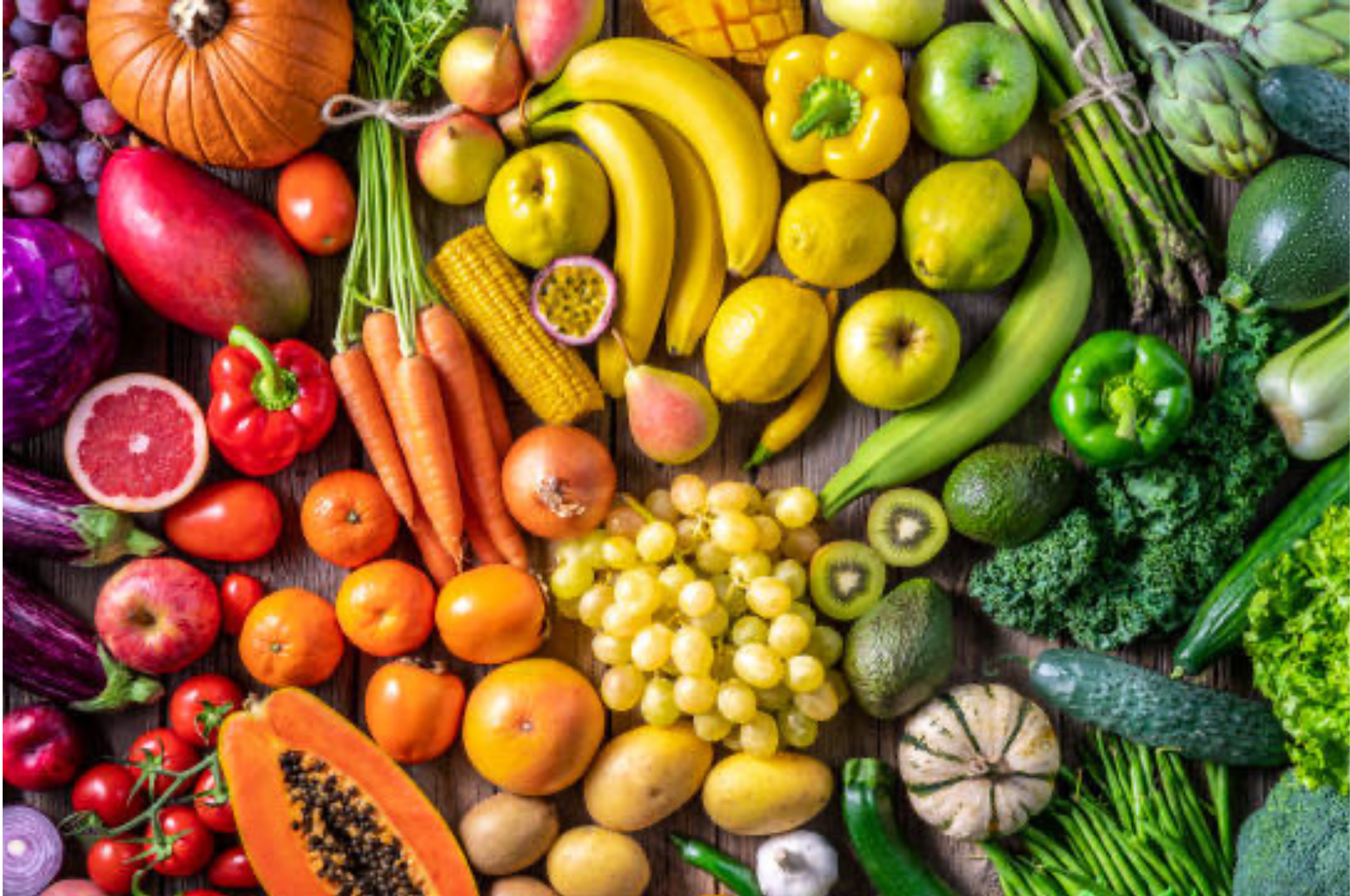Have you ever used the excuse that you don’t eat enough fruit and vegetables because you don’t know how to store them properly? Yes, this can be an excuse to sabotage your healthy lifestyle.
Many of these foods are perishable and if they aren’t stored properly, they can last a very short time and this becomes another problem: you could be contributing to the accumulation of organic waste and wastage.
Collaborating with health and the planet is a great initiative to implement in your routine, with sustainable habits that provide more longevity, quality of life and well-being.
But don’t worry, these guidelines will help you keep these vitamins for much longer and bring a lot of health and benefits to your family’s table through food.
Green leaves
You don’t need to wash the leaves as soon as you get them from the market, as water brings moisture and makes them wilt faster.
Lettuces, cabbages and rocket can be kept in separate bags and in the vegetable container in the fridge, and sanitized and cut only when consumed.
Those that have roots, such as parsley, spring onions and asparagus, can be placed in a glass jar with water outside the fridge, so they will still be as they were picked.
Kale, chard and other firmer greens can be cut, frozen and placed in airtight bags, so you can use them as soon as you take them out of the bag.
Tropical fruits
Fruits such as bananas, apples, avocados, oranges and pears can be kept out of the fridge without being in plastic bags, as they tend to release a compound called ethylene, which speeds up the ripening process.
Leave them in a fruit bowl at room temperature in the kitchen so that you can always remember to eat them.
Sweet citrus
Sweet citrus fruits such as strawberries, grapes and kiwi can be kept in the fridge after washing.
If you have a large quantity that can’t be eaten in time, you can freeze them separately in a dish and then store them in airtight bags, making them ideal for making fruit smoothies, ice cream and popsicles.
Rooted vegetables
Most vegetables with roots can be kept out of the fridge, but you should avoid too much humidity and light.
Potatoes can be placed in wooden or plastic fruit bowls, away from onions. Ideally in cardboard boxes, so they don’t grow tubers and rot faster.
Store garlic in frosted jars at a cool, windy temperature and away from light.
Onions can be kept chopped and placed in containers in the fridge.
Carrots should be wrapped in paper towels in the vegetable container in the fridge, so that they have less contact with moisture.
Beets can be kept out of the fridge at room temperature, covered with paper towels and only washed when used. As soon as you need them, brush them well to remove dirt and cut them off at the top.
Store fruit and vegetables safely
There’s nothing more unpleasant than stocking up the fridge and wasting perishable food. Ideally, as soon as you get home from the supermarket with your fruit and vegetables, start washing all the items and leave them ready for consumption.
If you get to know the variety of recipes you can make with these ingredients, you’ll avoid many trips to the doctor by consuming a rich amount of antioxidants, vitamins and fiber every day, which are important for the body and also very tasty.
So even fast food won’t taste as good as what you can prepare at home, free from preservatives, abundant, pesticide-free and ready to eat.
